The Life After Mary Washington: Preparing Students for Life and Career QEP will focus on 10 core competencies selected to support students as they transition into career and life after their time at the University of Mary Washington. These competencies were adopted from the competency set defined by the National Association of Colleges and Employers (NACE). Upon examination of these competencies, it was clear that some adaptation needed to occur to better align with the UMW community. The competencies will be used to frame the student preparation experience at UMW. Various competencies will be demonstrated, developed, and practiced through student academic endeavors including research, extracurricular activities, and career preparation experiences.
The competencies are listed and defined as follows:

Career, Self-development, and Professionalism
Proactively develop oneself and one’s career through continual personal and professional learning, awareness of one’s strengths and weaknesses, navigation of career opportunities, and networking to build relationships within and without one’s organization. Knowing work environments differ greatly, understand and demonstrate effective work habits, and act in the interest of the larger community and workplace.
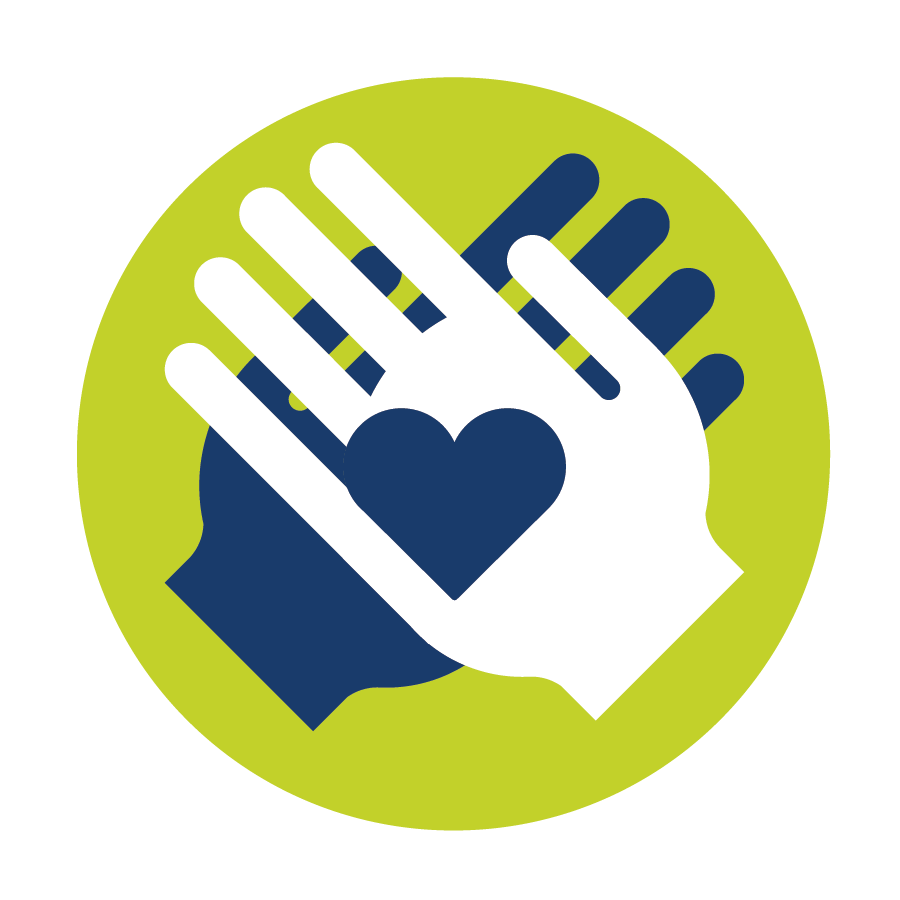
Civic Engagement and Community Service
Understand the importance of participating in civic engagement that may include community service, political activities, or other community engagement that contributes to the betterment of the community or society.

Communication
Clearly and effectively exchange information, ideas, facts, and perspectives with persons inside and outside of an organization.
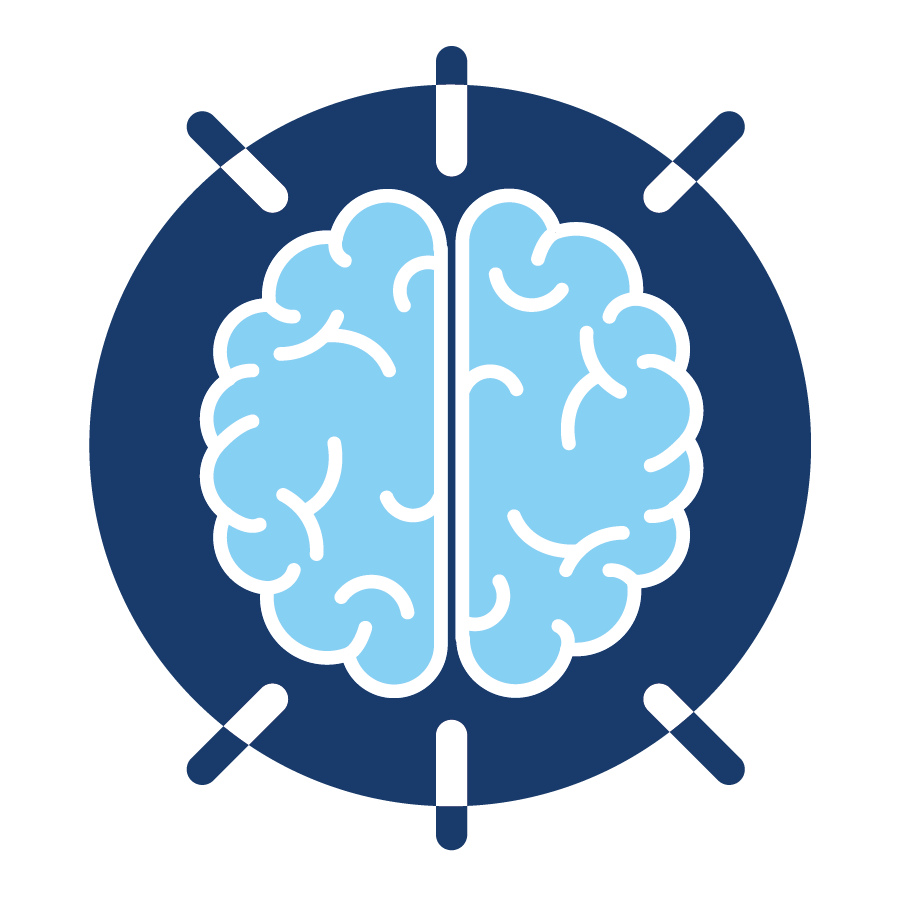
Critical Thinking and Problem Solving
Identify and respond to needs based upon an understanding of situational context and logical analysis of relevant information.
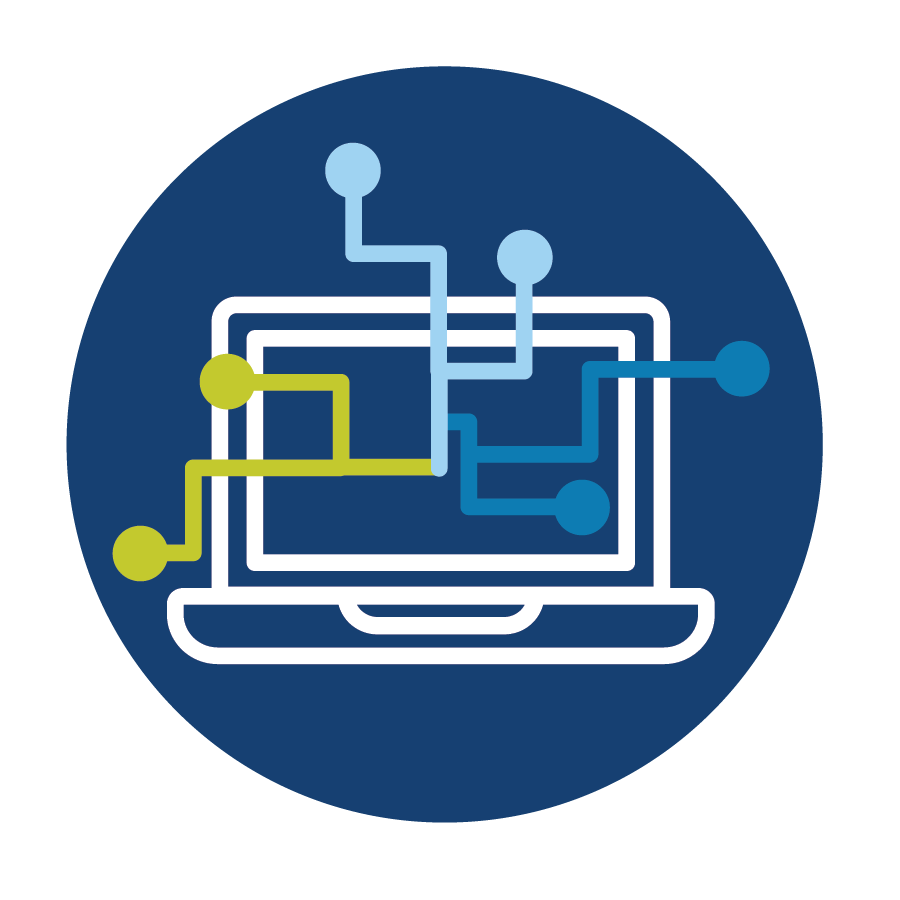
Digital Fluency
In an increasingly digital world, it is essential to gain experience with the tools of digital creation, practice creating content ethically and effectively, and recognize how what you do online impacts your online identity.
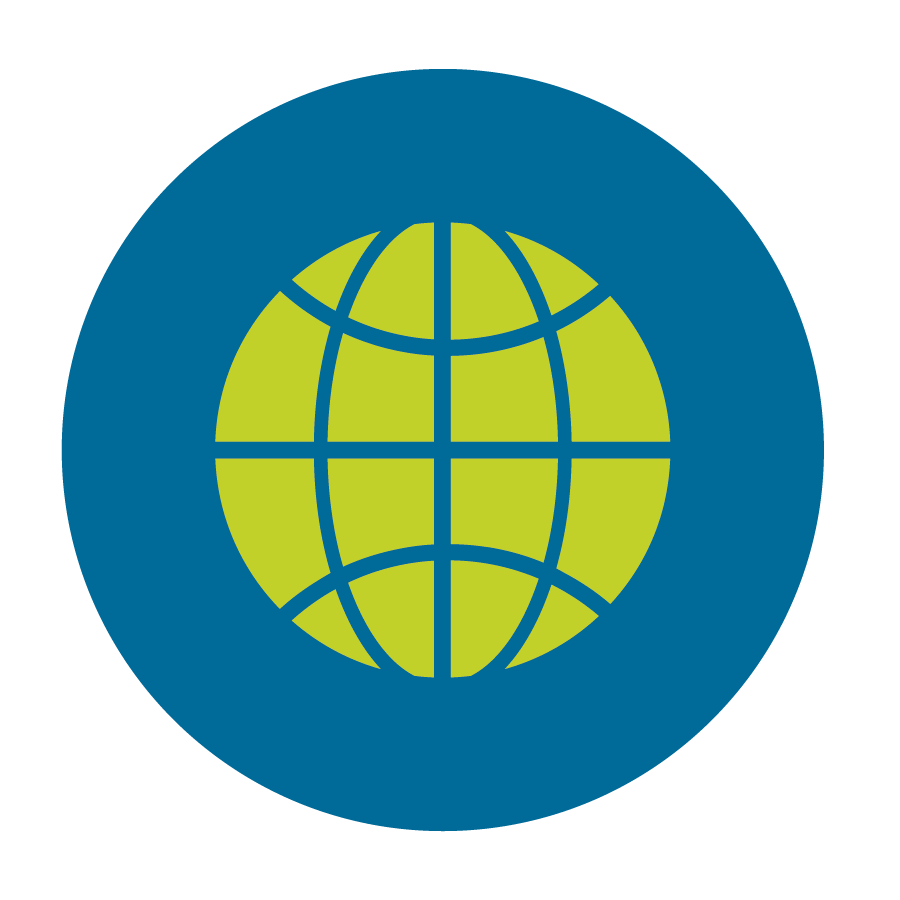
Global Awareness and Intercultural Competence
Global awareness / intercultural competence is part of the building blocks of inclusive excellence and effective engagement with others in your everyday life. The ability to analyze new information, be open-minded, be aware of other cultures and global systems, and appropriately engage with individuals with different backgrounds and beliefs leads to more equitable and inclusive experiences for all.

Leadership
Leverage the strengths of others to achieve common goals, and use interpersonal skills to coach and develop others. The individual is able to assess and manage his/her own emotions and those of others; use emphatic skills to guide and motivate; and organize, prioritize, and delegate work.
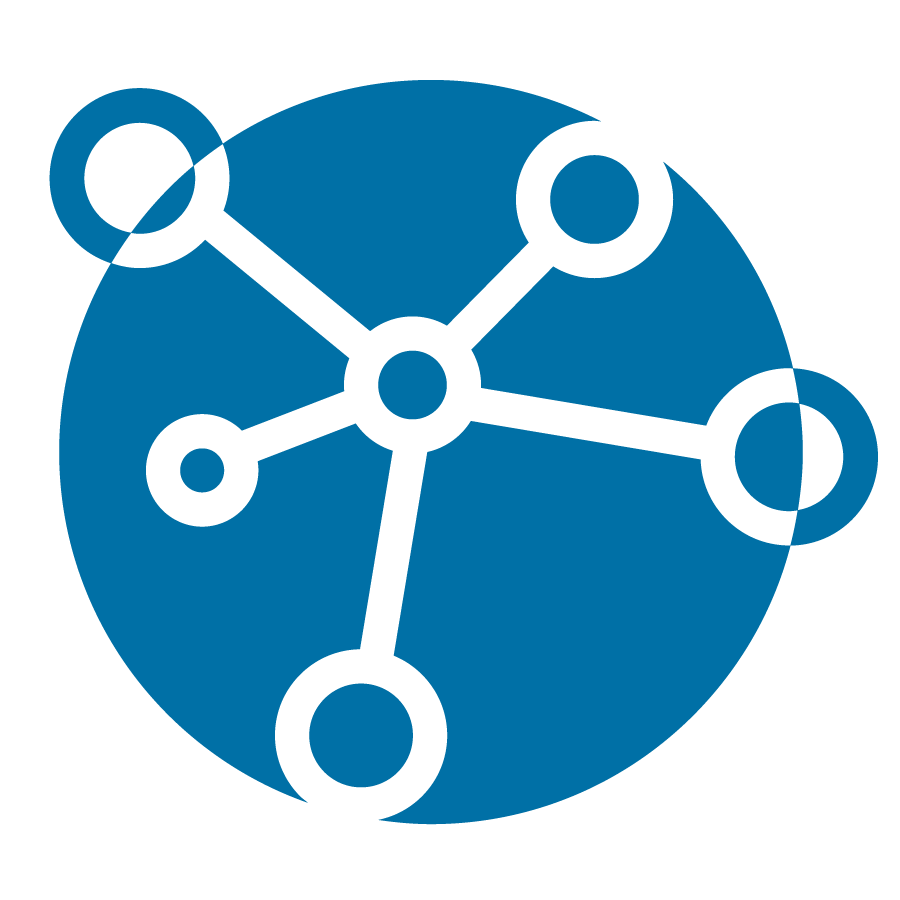
Meaningful Connections
Actively seeking to create an awareness of and appreciation for meaningful interactions with others that enriches our own sense of community and purpose. Demonstrate empathy, openness, respect, positive communication, and support as you build relationships with peers and others.
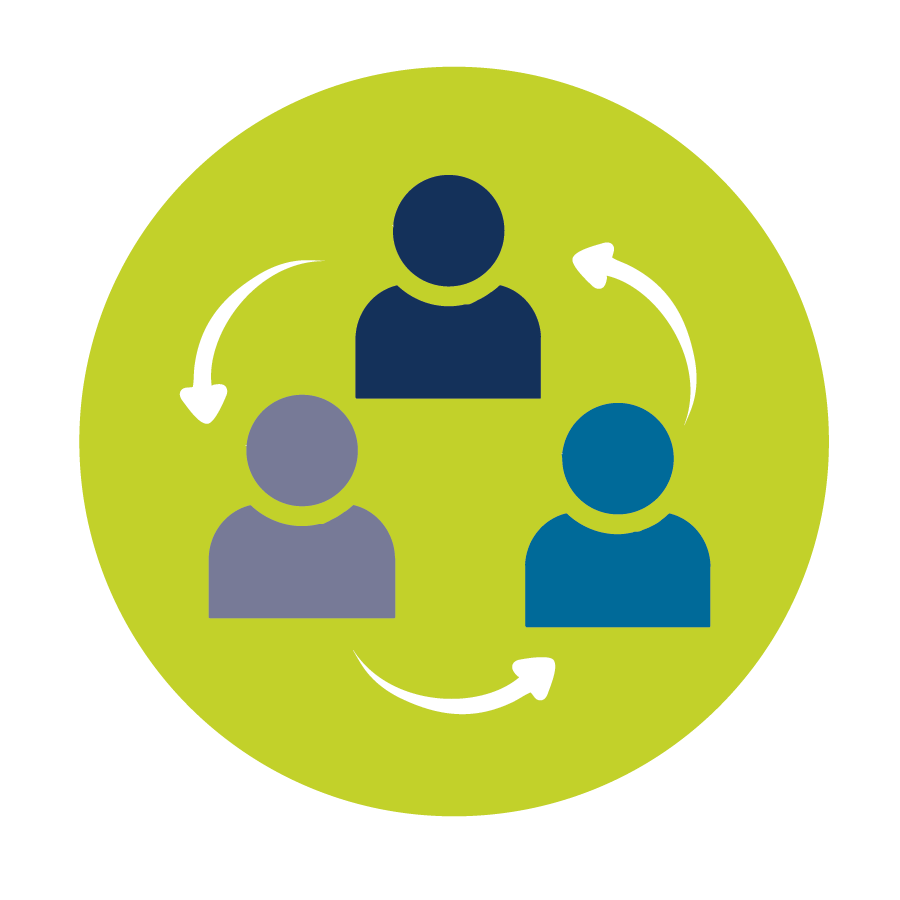
Teamwork and Collaboration
Build and maintain collaborative relationships to work effectively toward common goals, while appreciating diverse viewpoints and shared responsibilities.

Well-being and Mindfulness
The everyday skills needed to thrive at and beyond the University of Mary Washington by recognizing the connection between the physical, emotional, mental, and other areas of wellness. Demonstrate the ability to recognize challenges as opportunities for growth. Each competency includes three to six scaffolded skills, ultimately leading to the achievement of a competency. Each skill can be achieved in a multitude of ways.